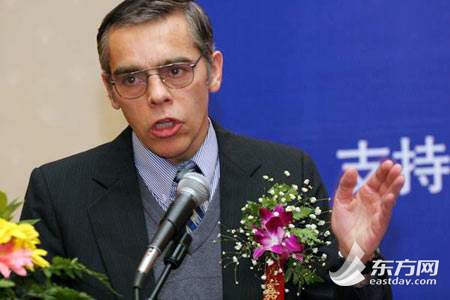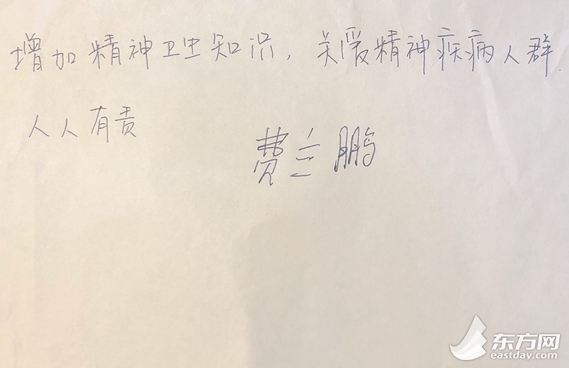
2018-9-20 18:08:47
From:english.eastday.com
Liu Yilin
Michael R. Phillips’s 42 years in China
A witness to China’s mental health services
Michael is a witness to the changing mental health services in China over the years. “When I came here in 1985, research on mental health was not valued and respected in China. The level of research was not advanced and the funding was not enough. What was worse, there was no related course. Psychiatry was a discipline affiliated to Neurology. It was not until 1994 that it became an independent discipline,” said Michael. However, in spite of that, graduates from medical schools were unwilling to work in the Department of Psychiatry. Even if they were assigned to the department, they would try in every way to transfer to other departments. No one wanted to stay.“You can say that the Department of Psychiatry was ignored at that time.”

But things began to change in recent years. “I can clearly feel that since the medical reform in 2009, mental health issues have raised more attention. The status of psychiatry in hospitals is still not comparable to surgery and internal medicine, but the gap is significantly narrowing. Now there are more and more medical students aspiring to become a psychiatrist,” said Michael.
After coming to Shanghai, Michael also noted the gap in mental health services in different regions of China. “As one of the most developed cities in China, Shanghai is a national leader in mental health services. In terms of that, in Shanghai, the management force is concentrated and highly international, and the average number of psychiatrists per capita is more than that in most parts of China.” Currently, by leveraging the best practices of Shanghai, Michael is working to help some underprivileged areas to establish a mental health problem prevention and control system.

(Michael’s wishes for China’s further reform and opening up: Everyone should increase their awareness on mental health and care for people with mental illnesses.)
Story by Liu Yilin
Translated by Wu Qiong
Cameraman: Liu Hao
